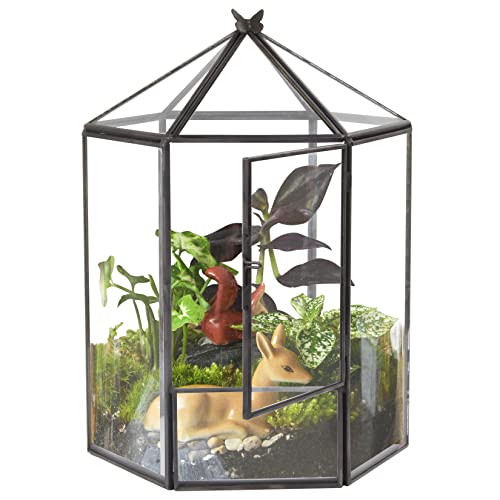ok so there has been a lot of debate about whether or not inbreeding is bad for our animals
obviously with vertebrates it's not a good idea
but we do a lot of inbreeding of other stuff
feeder insects for example
feeder roaches and fruitflies surely inbreed constantly because in the colony they get closer and closer related each generation as they continuosly mate with the individuals they live with
and yet we still have hundreds of feeder insects available to be used at our disposal
when we start a new fruitfly culture we merely add 20-30 or so adults from an existing culture, a culture which could be from a long line of cultures where no new bloodlines or individuals were added
and we know the fruitfly genome very well and know how to mess with it and mutate it
my audobon book on insects even says surviving male fruitflies mate with their daughters
we can't say no inbreeding happens in a fruitfly culture because it certainly does and i have no problems with the flies, as long as they have food, they r set
and we know about the genes of fruitflies better than we know mantises, so do we really know how inbreeding can affect mantises?
i dont fully understand all this so if i am wrong about this feeder insect thing let me know, this topic is just meant to get peeps thinking
please let me know wat u think of my theory...
thanx
obviously with vertebrates it's not a good idea
but we do a lot of inbreeding of other stuff
feeder insects for example
feeder roaches and fruitflies surely inbreed constantly because in the colony they get closer and closer related each generation as they continuosly mate with the individuals they live with
and yet we still have hundreds of feeder insects available to be used at our disposal
when we start a new fruitfly culture we merely add 20-30 or so adults from an existing culture, a culture which could be from a long line of cultures where no new bloodlines or individuals were added
and we know the fruitfly genome very well and know how to mess with it and mutate it
my audobon book on insects even says surviving male fruitflies mate with their daughters
we can't say no inbreeding happens in a fruitfly culture because it certainly does and i have no problems with the flies, as long as they have food, they r set
and we know about the genes of fruitflies better than we know mantises, so do we really know how inbreeding can affect mantises?
i dont fully understand all this so if i am wrong about this feeder insect thing let me know, this topic is just meant to get peeps thinking
please let me know wat u think of my theory...
thanx













































